- Computer Science / Threat / Prof. Dr.-Ing. Ina Schieferdecker
Prof. Dr.-Ing. Ina Schieferdecker
New prevention tasks
- Schieferdecker: Phenomenon
- Schieferdecker: Chances
- Schieferdecker: Vision
The transformations associated with the digital age will fundamentally change work and life. New professions will emerge. Many established professions will change, and some will disappear because we can transfer more work to technical systems, to machines. With the increasing mechanisation, the mechanisation of the infrastructures in the digital world, the digitalisation of these infrastructures, new possibilities of attacks will arise. We call them new attack vectors. In other words, in addition to analogue access, there are digital accesses which must be protected and for which new methods and technologies are needed. There is also a new understanding in society, though, that public security is a valuable asset, an asset that needs to be protected, and that it must also be expressed in the digital sphere, so that we have to further develop security mechanisms and be prepared to invest in them. To invest in standardisation, to invest in securing standardised access and to be prepared to set up the necessary processes, because I cannot clarify everything technically. There are no 100 percent secure systems, so we need a framework of processes, people and regulations to operate these growing infrastructures reliably, securely and trustworthily. With the digitalised infrastructures, we are experiencing new qualities of existing danger situations. A failure of the energy supply is still considered a dramatic scenario for the public. At the same time, the failure of information services, telecommunications services is now a comparable scenario for stability in the public sphere.
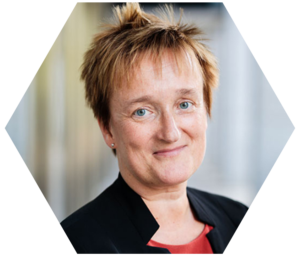
Prof. Dr.-Ing. Ina Schieferdecker
- Since 01.10.2019 Head of the Research Department for Technological Sovereignty and Innovations at the Federal Ministry of Education and Research.
- Previously head of the Fraunhofer Institute für Offene Kommunikationssysteme (FOKUS) [Open Communication Systems], professor at the TU Berlin on quality engineering of open, distributed systems and director of the Weizenbaum-Instituts für die Vernetzte Gesellschaft, the German Internet Institute
- Member of the National Academy of science and engineering (acatech).
- Former member of the German Advisory Council on Global Change (WBGU), of the High-Tech Forum 2025 (HTF), of the Science Platform Sustainability 2030 and scientific and technical director of the Technology Foundation Berlin (TSB)
- Awards for her scientific work include the EUREKA Innovation Award, prize for young university teachers from the Alfried Krupp von Bohlen und Halbach Foundation
- Phenomenon
- Threat
- Chances
- Vision

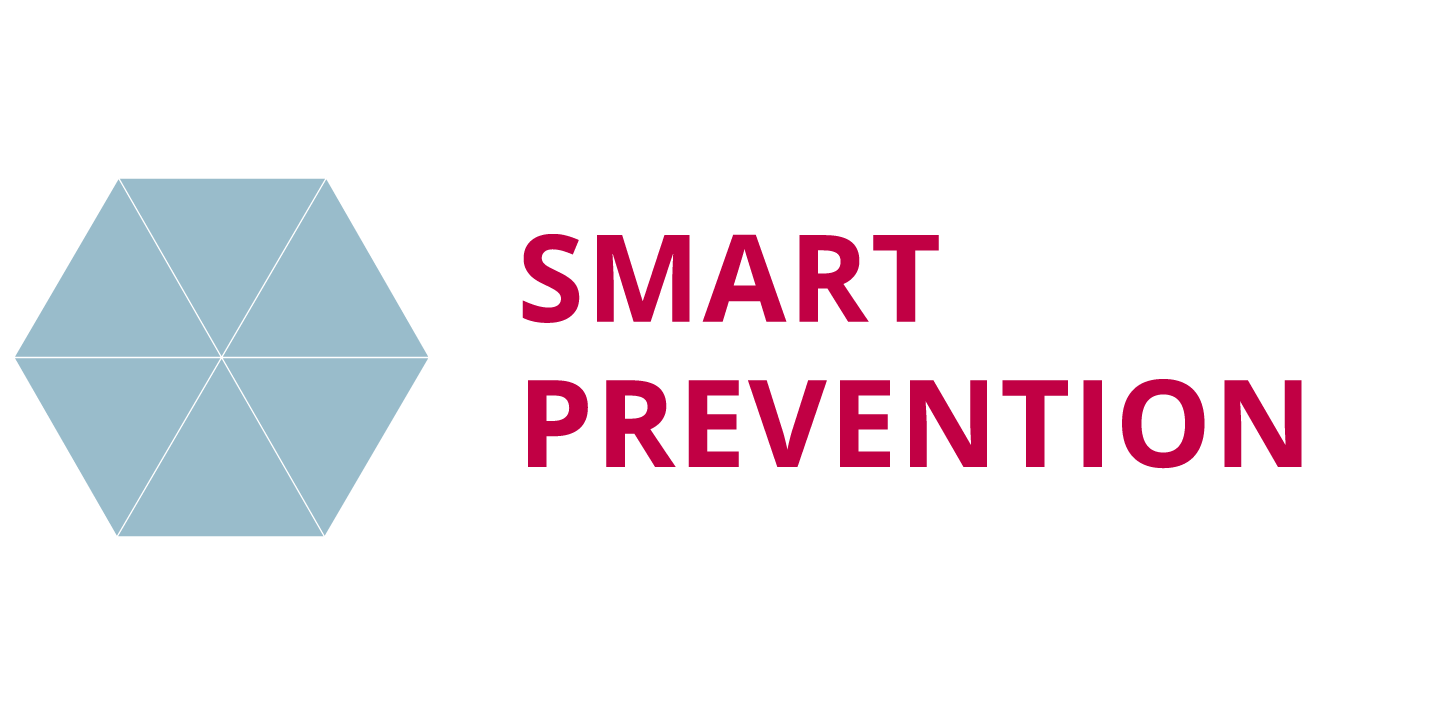
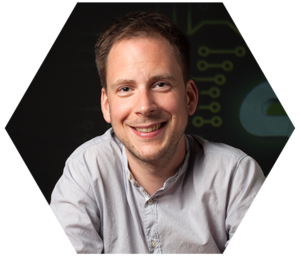
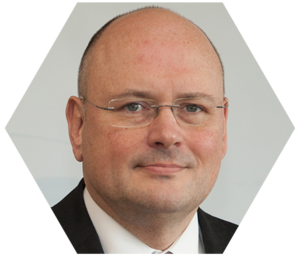
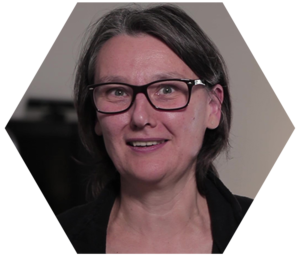

Comments